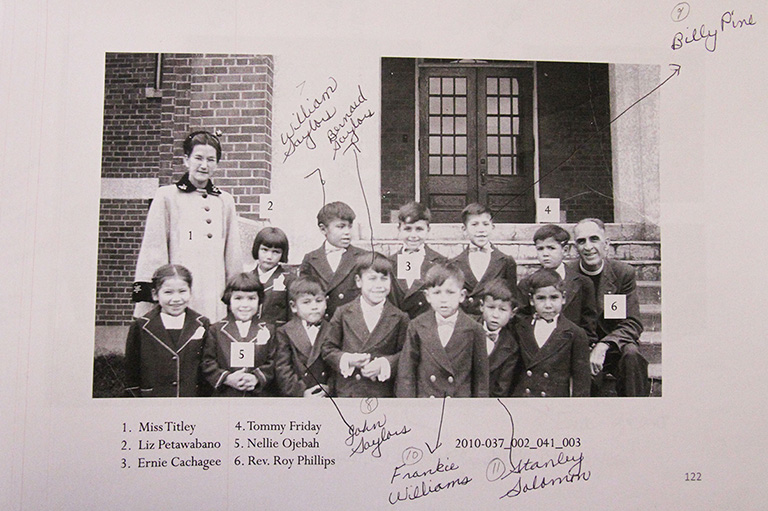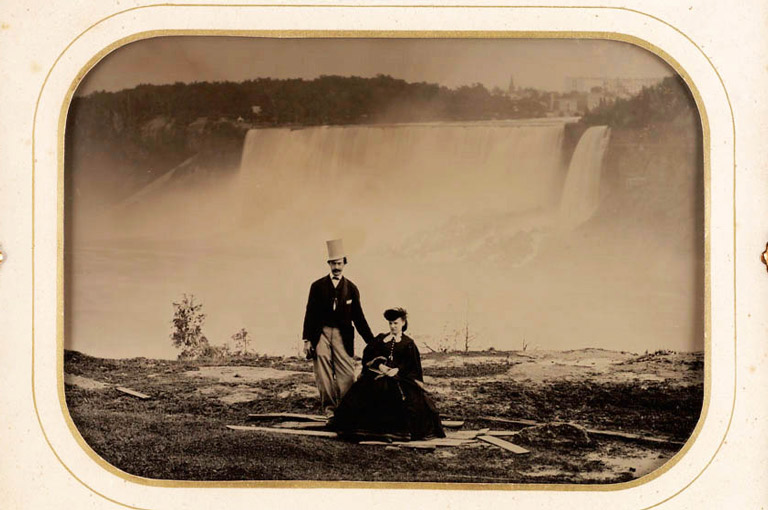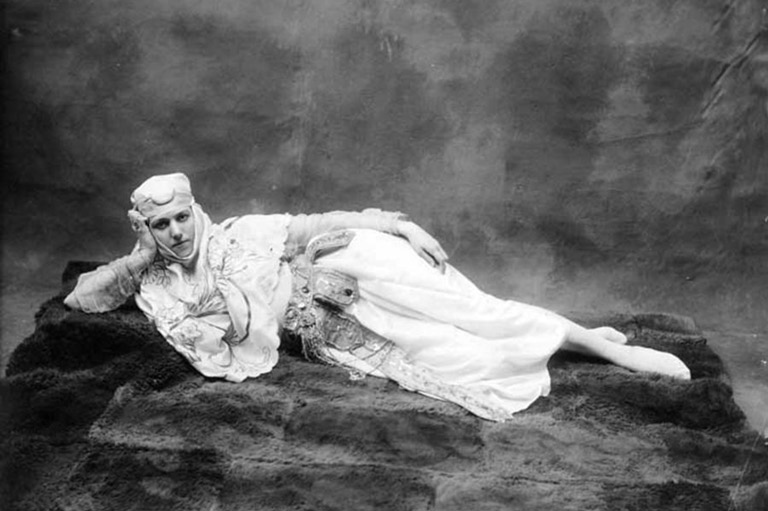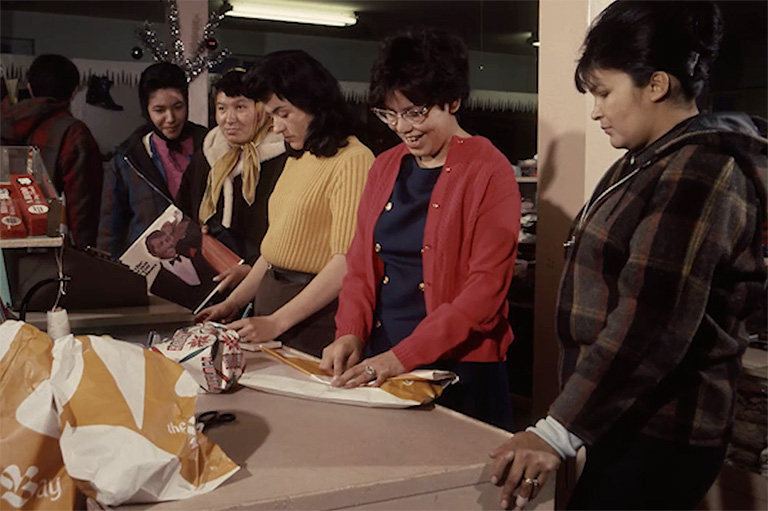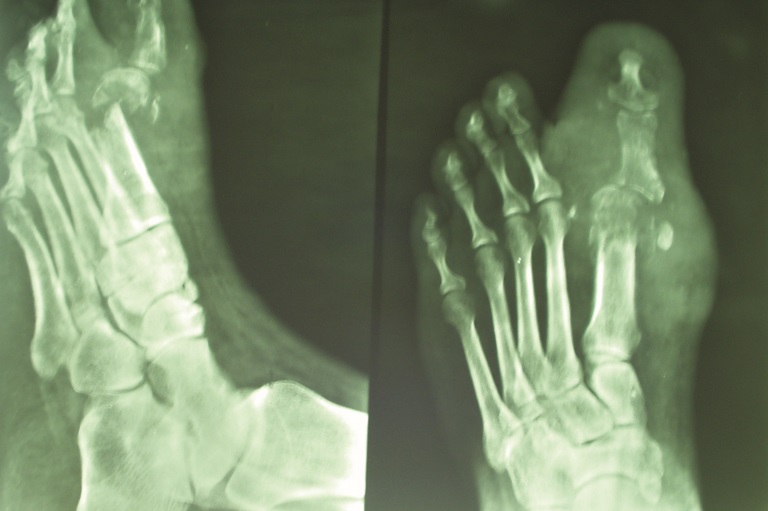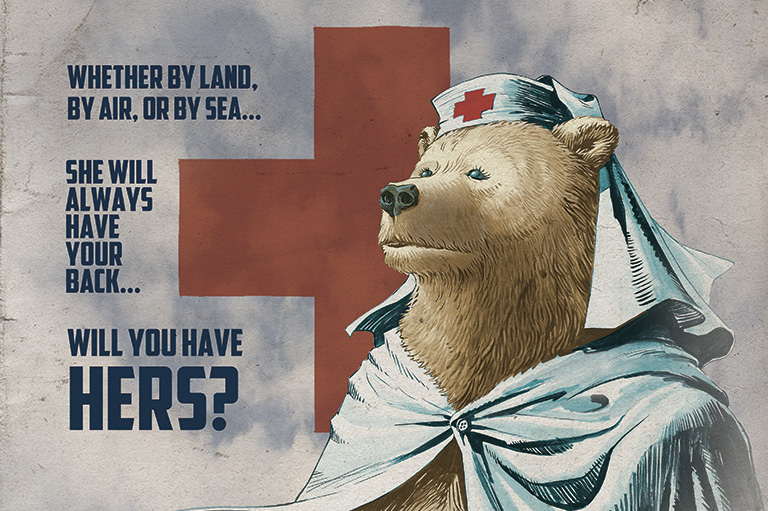Picture-perfect discovery
-
 Name plate reads: Hon. James MacDonald, MP, QC Minister of Justice and Attorney General Dominion of Canada 1878-1881.
Name plate reads: Hon. James MacDonald, MP, QC Minister of Justice and Attorney General Dominion of Canada 1878-1881. -
 Name plate reads: Hon. James MacDonald, PC, QC, MP Chief Justice Supreme Court of Nova Scotia 1881-1904.
Name plate reads: Hon. James MacDonald, PC, QC, MP Chief Justice Supreme Court of Nova Scotia 1881-1904. -
 Name plate reads: James MacDonald, Chief Justice Halifax, Nova Scotia 'The Chief' circa 1890.
Name plate reads: James MacDonald, Chief Justice Halifax, Nova Scotia 'The Chief' circa 1890. -
 Name plate reads: Lady Frances Amelia Morse Tupper Born: March 14, 1826, Armherst, Nova Scotia Married: 1846 Died: May 11, 1912, Bexley Heath, Kent, England.
Name plate reads: Lady Frances Amelia Morse Tupper Born: March 14, 1826, Armherst, Nova Scotia Married: 1846 Died: May 11, 1912, Bexley Heath, Kent, England. -
 Name plate reads: Martin I.W. MacDonald Family Land Titles Registrar Brandon, Manitoba April, 1885.Martin I.W. MacDonald Family
Name plate reads: Martin I.W. MacDonald Family Land Titles Registrar Brandon, Manitoba April, 1885.Martin I.W. MacDonald Family -
 Rt. Hon. Sir Charles Tupper, 1st Baronet, GCMG,CB,PC Prime Minister of Canada May 1, 1896 to July 8, 1896 High Commissioner to England 1884-1887 and 1888-1896 Canadian Father of Confederation 1867 Premier of Nova Scotia 1864-1867.
Rt. Hon. Sir Charles Tupper, 1st Baronet, GCMG,CB,PC Prime Minister of Canada May 1, 1896 to July 8, 1896 High Commissioner to England 1884-1887 and 1888-1896 Canadian Father of Confederation 1867 Premier of Nova Scotia 1864-1867. -
 Portraits
Portraits -

It was a cold, snowy day in Winnipeg, and Wayne MacDonald was on a hunt, on foot. And his passion saw him braving what he describes as a classic Canadian whiteout, looking for a Mother’s Day gift for his wife, whom the University of Alberta’s Faculty of Extension Government Studies Program Manager had left in Edmonton.
The search took him to a dark room at the back of a Winnipeg antiques store — and what he found there was well beyond what he’d set out for. He made a discovery that deepens his understanding of himself; changes Canada’s historical records; and sets his life on a new path.
It all started with a question to a clerk, when he could not find the right gift at a mall.
“I asked if there’s an antique store nearby. And they said, “Yes. There’s one called the Old Curiosity Shop,’” MacDonald says, an avid collector of Victorian age artefacts.
MacDonald had not come to Manitoba looking for a gift. He’d dashed out his house just a few hours earlier to catch a plane to a conference in Winnipeg. “I’d rushed out the house and had left my coat hanging on the rack because the cab driver who brought me to the airport had arrived early and was honking. So the only clothing I had against the cold was my suit jacket,” he says.
When MacDonald arrived on Edmonton Street at the Old Curiousity Shop, he was a bit disappointed. “I was just about to leave, when the owner, Faye Settler, said to me, “would you like to see in the back room?”’
Because he was an avid collector, MacDonald knew it was wise to always accept such invitations to the attic, back room or basement of antique stores. “Usually there will be something very interesting back there,” he says.
Unfortunately, nothing in the back room caught his eye, either. But just as he was walking out, he glimpsed something. “I saw this portrait sitting up against a wall. And I immediately recognized (the subjects) as my relatives,” he says. “I was absolutely flabbergasted.”
MacDonald’s surprising find is of great significance for historians; it turns out that among his ancestors pictured in the portraits were two men who had met in Charlottetown in 1864 to help hammer out Confederation — former Prime Minister Sir Charles Tupper, and Sir James A. Macdonald, a legal adviser to the Fathers of Confederation and a former federal justice minister and attorney general.
The story of how the portraits came to be at the Old Curiosity Shop — to be eventually discovered by MacDonald — is a tale of luck and serendipity.
In 1978, a landlord in Manitoba was suddenly left with framed portraits of people he did not know, explains MacDonald. The landlord thought the images might be worth something so he telephoned an antique dealer — Faye Settler — to examine them.
Settler drove to the house, recognized some of the people in the frames, chose a pristine set of photographs, paid and left. She returned home to her mother, who admonished her for not buying the entire lot, including the damaged portraits. “Her mother said, ‘Are you crazy?! You should have bought them all.’”
So Settler drove back to the house, this time with her seventy-year-old mother in tow — even though the landlord had warned Settler that he had thrown the unpurchased potraits into a nearby dumpster.
“Faye climbs into the dumpster and hands out the eighteen damaged portraits to her mother. And they transported the portraits to a dry storage bin.” MacDonald explained. “And they stayed in that storage bin from 1978 until I came to the conference in 2003.”
It turned out that the portraits had belonged to MacDonald’s cousin, Emma Tupper-Harris. After her death, a relative that Tupper-Harris had lived with abandoned their house and the portraits along with it.
Since 2003, MacDonald has been engaged in what he describes as a labour of love — restoring the frames and pictures.
The result of his painstaking work was on display at the University of Alberta’s faculty club on February 29. The show — Serendipity: unveiling the historical MacDonald-Tupper Photographs — was also on display, March 1, at Edmonton’s Extension Gallery Enterprise in the Atrium of Enterprise Square.
Former Canadian deputy prime minister of Canada Anne Mclelllan, will attend the exhibition, which includes pictures of the entire Tupper family; a Confederation ball in Charlottetown in Halifax in 1864; the investiture of the Governor General, the Marquis of Lorne in Halifax, at Province House in 1878. McDonald says it’s a privilege to bring the images to public.
“I don’t believe that you can ever understand who you are or what your country is if you don’t know where you came from,” he says. “They’re pictures that you’d never ever imagine having access to. It’s kind of like having a window into your past.”
And about the Mother’s Day gift he’d set out for, he says, “I actually found a lovely piece of jewellery for my wife that she enjoyed immensely.”
With 7 uniquely curated newsletters to choose from, we have something for everyone.
We hope you’ll help us continue to share fascinating stories about Canada’s past by making a donation to Canada’s History today.
We highlight our nation’s diverse past by telling stories that illuminate the people, places, and events that unite us as Canadians, and by making those stories accessible to everyone through our free online content.
Canada’s History is a registered charity that depends on contributions from readers like you to share inspiring and informative stories with students and citizens of all ages — award-winning stories written by Canada’s top historians, authors, journalists, and history enthusiasts.
Any amount helps, or better yet, start a monthly donation today. Your support makes all the difference. Thank you!
Themes associated with this article
Advertisement
You might also like...
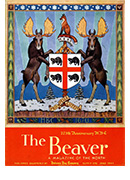
Canada’s History Archive, featuring The Beaver, is now available for your browsing and searching pleasure!

Beautiful woven all-silk necktie — burgundy with small silver beaver images throughout. Made exclusively for Canada's History.


